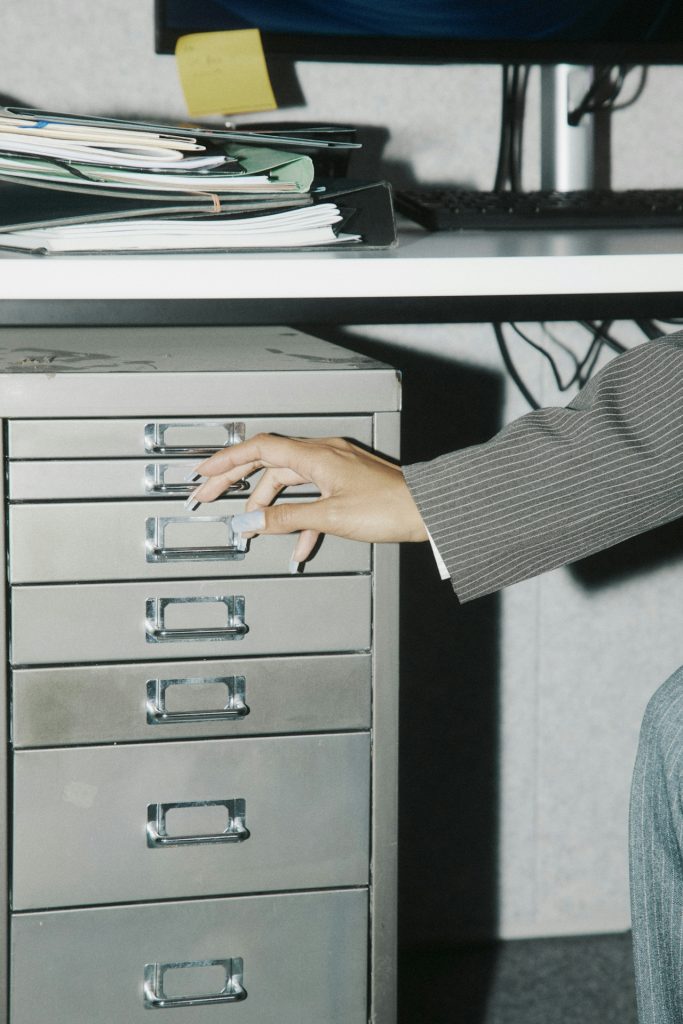A favourite summer pastime among young professionals in need of an escape from the hustle and bustle of the city is boating, whether in the harbour of our respective cities (minus Calgary) or in the less touched land hours outside the city boundaries. Before you buy a boat, operate one or ask permission “to come aboard,” there are a few things you need to consider.
Boat License
Don’t think getting behind the wheel of a boat (or even jet ski for that matter) is that easy. All Canadians are now required by federal law to carry a boating license (and identification) when operating a powered watercraft. In fact, any pleasure craft powered by a motor of 10 hp (7.5 kW) or more requires a valid license. This license ensures that the driver is well educated in the safety and operating of the craft and allows search and rescue personnel to quickly identify your boat in the (hopefully unlikely) event of an emergency. Transport Canada’s Office of Boating Safety has developed a user-friendly Pleasure Craft License application kit, available online at the Office of Boating Safety website; at any Service Canada Centre; and through regional Office of Boating Safety Centres.
Save the Partying for the Land
Erase from your mind the glorified, jam packed with dancing bodies, alcohol-filled boat rides featured in music videos; drinking and boating is not tolerated in Canada and the government is vigorously enforcing this relatively new law. After all, alcohol is a factor in more than 40% of boating related fatalities in Canada. It is illegal to operate a vessel in Canada with a blood alcohol concentration in excess of 0.08 mg. Provinces and territories have their own rules that determine when alcohol can be consumed or how it can be transported onboard a boat, but generally it is illegal to consume alcohol in a moving boat and to transport beverage alcohol in a boat unless the alcohol is in a container that is unopened with the seal unbroken, or unless the alcohol is packaged in a bag that is fastened closed or stored in a closed compartment.
Alcohol can only be left open on a vessel that has permanent sleeping and cooking accommodations and legal sanitary facilities, and can only be consumed on these vessels while the boat is anchored, or is secured to the dock or land. Convictions, even for the first offence, may result in heavy punishment, with law-breakers subject to strict penalties and fines. And remember, because you can’t drink on the boat does not mean you should down five beers dockside and then board – your driver will become quickly annoyed if his or her boat ride is reminiscent of a carpool full of hyper 8-year-olds.
Passenger Etiquette
Boat-owning YPs are serious about their prized possessions but like to share them with friends. To ensure you get invited back on board, there are a few things to be conscious of.
Usually, your host will put a towel down on the seats to allow for easy entering and exiting of the boat. If they don’t, always remove your shoes when stepping on the boat seats, no matter how clean you think the bottom of your shoes are.
As an invited guest, you should offer to pay for the cost of the fuel. After all, hours spent on the water can result in a hefty gas bill at the marina. Furthermore, bring along an assortment of finger foods and non-messy snacks as a symbol of your gratitude. Avoid bringing glass or dark-coloured beverages (grape juice on white leather seats is not going to be appreciated) on board.
Pay attention. Notice things like how the fenders are attached and at what height and what is expected of you when leaving and returning to the dock. When you use something, remember where it came from and how it was stored and return it to the same spot. If you don’t understand, ask.
Stay out of the way. A boat is a small, confined space and the driver has a lot to think about at once – the weather, water conditions, gas level and maneuvering through tight spaces – and other things that may require full attention. The driver needs to be alert because sometimes things will happen unexpectedly that will require quick action and attention. In this event, pay attention, turn down the music and stop talking for your own safety.
Don’t jump off the boat the moment you dock expecting to leave right away. Just as a boat ride requires prep, the end of the trip includes necessary chores as well. Help get the boat cleaned up and put away.







